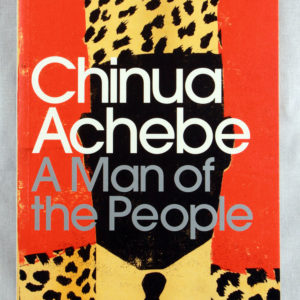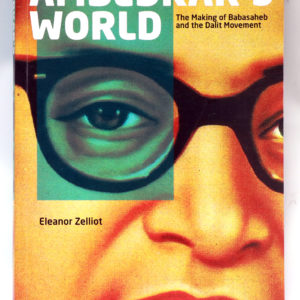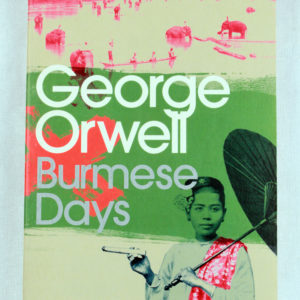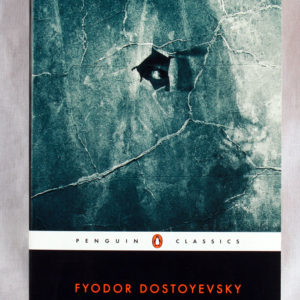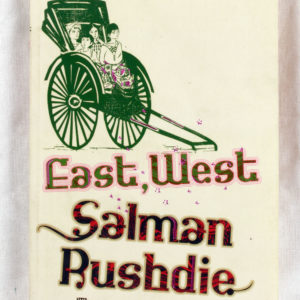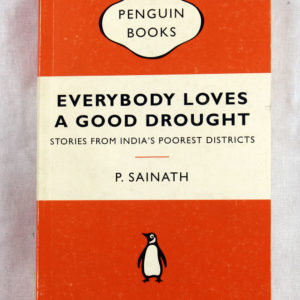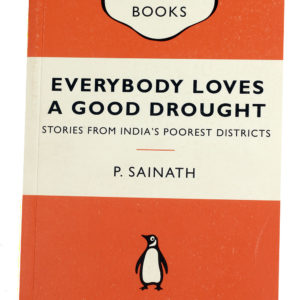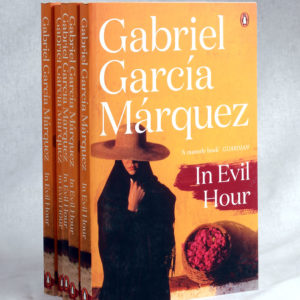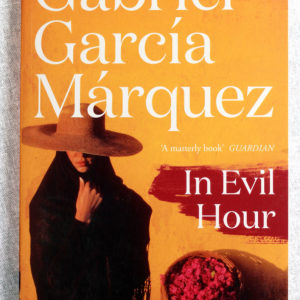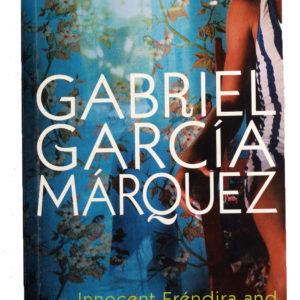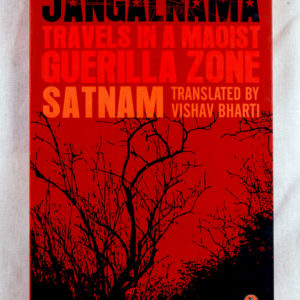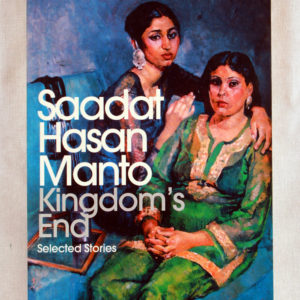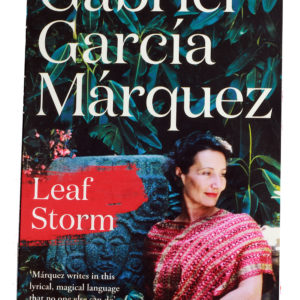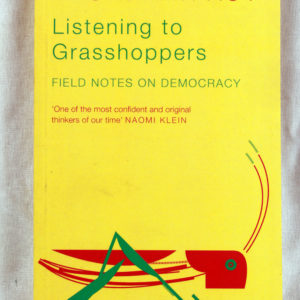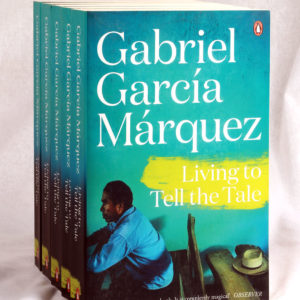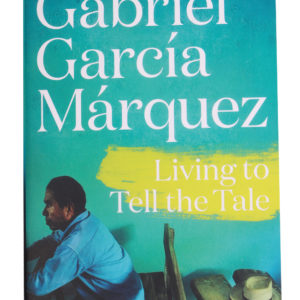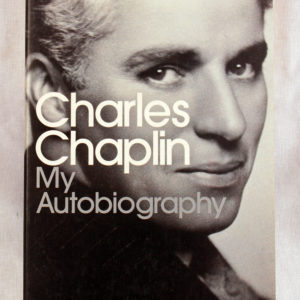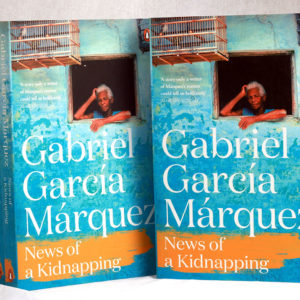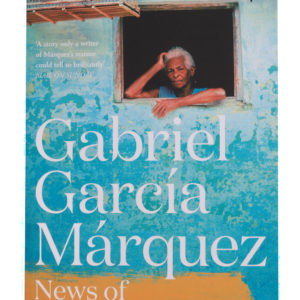Filter
Translated from the Hindi by Madhu Singh With a foreword by Angela Y. Davis
September 1970. Ramchandra Singh enters the Hardoi District Jail in Uttar Pradesh as a naxalite undertrial. Barely twenty, his life of expanding prospects—in studies, politics and love—is reduced to the horizon of a life term. The odds are stacked against the survival of his humanity and imagination, but Singh regenerates his gifts of empathy, humour, reflection and, above all, language—in a secret diary smuggled out with the help of friends.
A singular record of recent history and of individual witness, Singh’s prison diary, newly expanded, appears in English for the first time. Offering unprecedented intimacy with the everyday life of the imprisoned everyman, Singh challenges us to look without flinching and question our assumptions about crime and punishment.
Ramchandra Singh (1949–2018), of Bangarmau village in Unnao district of Uttar Pradesh, was a member of the Communist Party of India (Marxist–Leninist) Red Star, and served on its Central Committee. He was part of the editorial board of Red Star Monthly (Hindi). He passed away when this book was in press.
Madhu Singh is a professor in the Department of English and Modern European Languages, University of Lucknow. She has previously translated the scholar G.N. Devy’s work, A Nomad Called Thief, into Hindi as Ghumantu Hain Chor Nahin.
Jotiba Phule’s Fight for Liberty
Story: Srividya Natarajan
Art: Aparajita Ninan
In 1873, Jotirao Govindrao Phule wrote Gulamgiri (Slavery), a scathing, witty attack on the Vedas as idle fantasies of the brahman mind which enslaved the shudras and atishudras. A hundred and forty years hence, Srividya Natarajan and Aparajita Ninan breathe fresh life into Phule’s graphic imagination, weaving in the story of Savitribai, Jotiba’s partner in his struggles.
In today’s climate of intolerance, here’s a manifesto of resistance—Phule setting the dynamite of thought to the scriptures and ideas Hindus hold dear.
A Man of the People (1966) is a novel by Nigerian writer Chinua Achebe. Written as a satirical piece, A Man of the People follows a story told by Odili, a young and educated narrator, on his conflict with Chief Nanga, his former teacher who enters a career in politics in an unnamed fictional 20th century African country. Odili represents the changing younger generation; Nanga represents the traditional West African customs, inspired by that of Achebe’s native Nigeria. The book ends with a military coup, similar to the real-life coups of Johnson Aguiyi-Ironsi, Chukwuma Kaduna Nzeogwu and Yakubu Gowon.
Choudhury, here, reignites the debate over the appropriation of Ambedkar. Amidst rising echoes for Ambedkar-Marx, Ambedkar-Marx-Bhagat Singh, Ambedkar-Marx-Gandhi-Bhagat Singh, he provocatively asks us to think of Ambedkar’s singular exceptionality—from an excerpt in Indian Cultural Forum
What is most interesting about this difficult but beautiful book is that it is committed to the task of exposing the naked antagonisms that snake across the cracked surfaces of these oppressive structures. —Scroll.in
Nowadays when Ambedkar scholarship has become an industry, Choudhury’s thesis approaches him from an entirely new perspective.—The Telegraph
Ed. Salim Yusufji With an introduction by Bama
This book is an attempt at intimacy with B.R. Ambedkar in his hours away from history and headlines. The aim here is to recover the ephemera that attended Ambedkar’s life and died with him—his pleasure in his library and book-collecting, his vein of gruff humour, the sensation of seeing him in the flesh for the first time, or of stepping out of a summer storm into his house and hearing him at practice on his violin. Here, we have his attendants, admirers and companions speak of Ambedkar’s love of the sherwani, kurta, lungi, dhoti, and even his sudden paean to elasticated underpants. We meet Ambedkar the lover of dogs and outsize fountain pens, proponent of sex education and contraception, anti-prohibitionist teetotaler and occasional cook.
The fragments that make up this volume enable the recovery of his many facets—a rewarding biographical quest.
The Making of Babasaheb and the Dalit Movement
with an Introduction,‘The Doctor and the Saint’ by Arundhati Roy
Annihilation of Caste ‘posseses a generic openness to the wounds and decisions of existence which can breach the prisons of the world as no amount of scholarship can’—Biblio
Read a comprehensive interview with Arundhati Roy in Outlook, where she says, ‘Caste is at the heart of the rot in our society. Quite apart from what it has done to the subordinated castes, it has corroded the moral core of the privileged castes. We need to take Ambedkar seriously.’
‘Angela Davis swings a wrecking ball into the racist and sexist underpinnings of the American prison system’—Cynthia McKinney, former Congresswoman, US.
Davis’ central point is worth studying and bringing to the foreground in the prison reform movement. She argues that prisons do not solve crime. Within the last two decades the prison boom simply has intensified the criminalization of certain types of behavior, rather than having brought official crime rates down.—http://www.politicalaffairs.net
Burmese Days is a novel by English writer George Orwell. It was first published in the United Kingdom in 1934. It is a tale from the waning days of British colonialism, when Burma was ruled from Delhi as a part of British India – “a portrait of the dark side of the British Raj.” At its centre is John Flory, “the lone and lacking individual trapped within a bigger system that is undermining the better side of human nature.” Orwell’s first novel, it describes “corruption and imperial bigotry” in a society where, “after all, natives were natives—interesting, no doubt, but finally…an inferior people”.
Crime and Punishment is a novel by the Russian author Fyodor Dostoevsky. It was first published in the literary journal The Russian Messenger in twelve monthly installments during 1866. It was later published in a single volume. It is the second of Dostoevsky’s full-length novels following his return from 5 years of exile in Siberia. Crime and Punishment is considered the first great novel of his “mature” period of writing.
East, West is a 1994 anthology of short stories by Salman Rushdie. The book is divided into three main sections, entitled “East”, “West”, and “East, West”, each section containing stories from their respective geographical areas (in the “East, West” section both worlds are influenced by each other). Though Rushdie himself never divulged the exact inspirations for his stories in East, West, it is commonly thought that the central themes of each of his stories are drawn from his personal experiences as an immigrant in England during the time of the fatwas issued against his life. Rushdie weaves in many pop cultural references into his stories, just as television and Western media such as MTV and movies like Rambo have become popular throughout the world and on the Indian subcontinent. The influence and travels of Indians and Indian culture is also shown in the West.
The poor in India are, too often, reduced to statistics. In the dry language of development reports and economic projections, the true misery of the 312 million who live below the poverty line, or the 26 million displaced by various projects, or the 13 million who suffer from tuberculosis gets overlooked. In this thoroughly researched study of the poorest of the poor, we get to see how they manage, what sustains them, and the efforts, often ludicrous, to do something for them. The people who figure in this book typify the lives and aspirations of a large section of Indian society, and their stories present us with the true face of development.
The human face of poverty. The poor in India are, too often, reduced to statistics. In the dry language of development reports and economic projections, the true misery of the 312 million who live below the poverty line, or the 26 million displaced by various projects, or the 13 million who suffer from tuberculosis gets overlooked. In this thoroughly researched study of the poorest of the poor, we get to see how they manage, what sustains them, and the efforts, often ludicrous, to do something for them. The people who figure in this book typify the lives and aspirations of a large section of Indian society, and their stories present us with the true face of development.
In Evil Hour (Spanish: La mala hora) is a novel by Colombian writer Gabriel García Márquez, first published (in an edition disowned by the author) in 1962.
Written while García Márquez lived in Paris, the story was originally entitled Este pueblo de mierda (This Town of Shit or This Shitty Town). Rewritten, it won a literary prize in Colombia.
Some of the same characters and situations found in La mala hora later re-appear in Cien años de soledad.
The profound insights offered in Jangalnama are the result of Satnam s close observation of the guerillas and adivasis of Bastar. Varavara Rao Maoist guerillas always on the move, always on guard living deep in the jungles of Bastar. Outlawed, demonized and hunted by the state, they are perceived with fear, incomprehension and terror by the outside world. Satnam spent two months in remarkable intimacy with the guerrillas: travelling with them, sharing their food and shelter, experiencing their lives first hand. Through his up-close and personal account of their daily lives, we register them as human, made of flesh and bone. We are persuaded to appreciate their commitment to root out oppression.
Jangalnama is not merely a travelogue recording Satnam s days in the jungle. It is a compelling argument to recognize the humanity of those in conflict with the mainstream of Indian society and to acknowledge their dream of a world free of exploitation.
‘SUDDENLY, AS IF A WHIRLWIND HAD SET DOWN ROOTS IN THE CENTRE OF THE TOWN, THE BANANA COMPANY ARRIVED, PURSUED BY THE LEAF STORM’
As a blizzard of warehouses and amusement parlours and slums descends on the small town of Macondo, the inhabitants reel at the accompanying stench of rubbish that makes their home unrecognisable. When the banana company leaves town as fast as it arrived, all they are left with is a void of decay.
Living in this devastated and soulless wasteland is one last honourable man, the Colonel, who is determined to fulfil a long standing promise, no matter how unpalatable it may be. With the death of the detested Doctor, he must provide an honourable burial – and incur the wrath of the rest of Macondo, who would rather see the Doctor rot, forgotten and unattended.
He is perhaps the most acclaimed, revered and widely read writer of our time, and in this first volume of a planned trilogy, Gabriel Garcia Marquez begins to tell the story of his life. Living to Tell the Tale spans Marquez’s life from his birth in 1927 through the beginning of his career as a writer to the moment in the 1950s when he proposed to the woman who would become his wife. It is a tale of people, places and events as they occur to him: family, work, politics, books and music, his beloved Columbia, parts of his history until now undisclosed and incidents that would later appear, transmuted and transposed in his fiction. A vivid, powerful, beguiling memoir that gives us the formation of Marquez as a writer and as a man.
Midnight’s Children is a 1981 novel by British Indian author Salman Rushdie. It deals with India’s transition from British colonialism to independence and the partition of British India. It is considered an example of postcolonial, postmodern, and magical realist literature.
My Autobiography is a book by Charlie Chaplin, first published by Simon & Schuster in 1964. Along with Chaplin: His Life and Art, it provided the source material for the 1992 feature film Chaplin. It provides a revealing look into the life of a 20th-century filmmaker and celebrity. The Chicago Tribune said the book was “The best autobiography ever written by an actor. An astonishing work.”
THIS ASTONISHING BOOK by the Nobel laureate Gabriel García Márquez chronicles the 1990 kidnappings of ten Colombian man and women–all journalists but one–by the Medellín drug boss Pablo Escobar. The carefully orchestrated abductions were Escobar’s attempt to extort from the government its assurance that he, and other narcotics traffickers, would not be extradited to the United States if they were to surrender.



